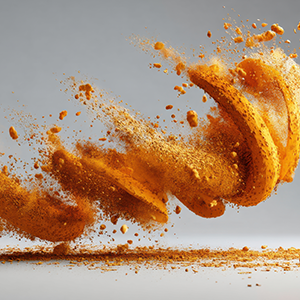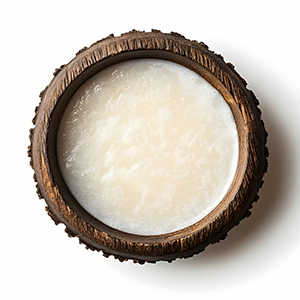Energy without the crash: why your genes matter

Did you know that 1 in 2 of us carry a genetic variant that slows how we process caffeine? For people with this gene type, drinking more than two cups of coffee a day has been shown to increase the risk of high blood pressure and even heart attack.
Why studies on coffee drinking yield conflicting results
Coffee has had a long history of conflicting news headlines—one week it’s good for your heart, the next it’s bad. Much of this confusion comes from studies that don’t account for genetic differences in caffeine metabolism. Fast metabolisers may safely enjoy multiple cups per day without harm, while slow metabolisers face increased cardiovascular risk. Ignoring genotype differences means research often paints coffee with a broad brush, leading to mixed messages in the media.
The genetics behind caffeine metabolism
Caffeine metabolism depends on a gene called CYP1A2, which controls how quickly your body clears caffeine. Around half of us are slow metabolizers — meaning caffeine lingers longer in the body. This prolonged exposure doesn’t just amplify short-term effects like jitters—it can also increase cardiovascular strain over time, raising the risk of high blood pressure, arterial stress, and heart attack.
How much is too much?
If you’re a slow metabolizer, your daily cappuccino habit could be doing more harm than good. Research shows you’ll want to limit your intake to around 200 mg per day — roughly two small cups of coffee — to minimize risk. And don’t forget, tea, energy drinks, soft drinks, and even chocolate all add to your caffeine load.
Sustainable energy without the crash
That’s where Camino Premium Vitality Capsules come in. Instead of relying on caffeine as a crutch, our formulation works at a cellular level to support natural energy production. Powered by MonaJuventa Nu and nicotinamide riboside (NR), it’s designed to keep your mitochondria — your body’s power plants — running efficiently. The result? Sustained energy, sharper focus, and better recovery, without the peaks and crashes of coffee.
Nutrigenomics shows how our genes and nutrition interact. For some, coffee is harmless. For others, it’s a hidden stressor that can affect heart health and blood pressure. Camino helps you sidestep the guesswork—supporting energy and vitality in a way your genes will thank you for.
If you want to understand your genetic risk for caffeine, and find out how other gene variants respond to changes in diet and lifestyle, get in touch with the DNA Nutritionist.





